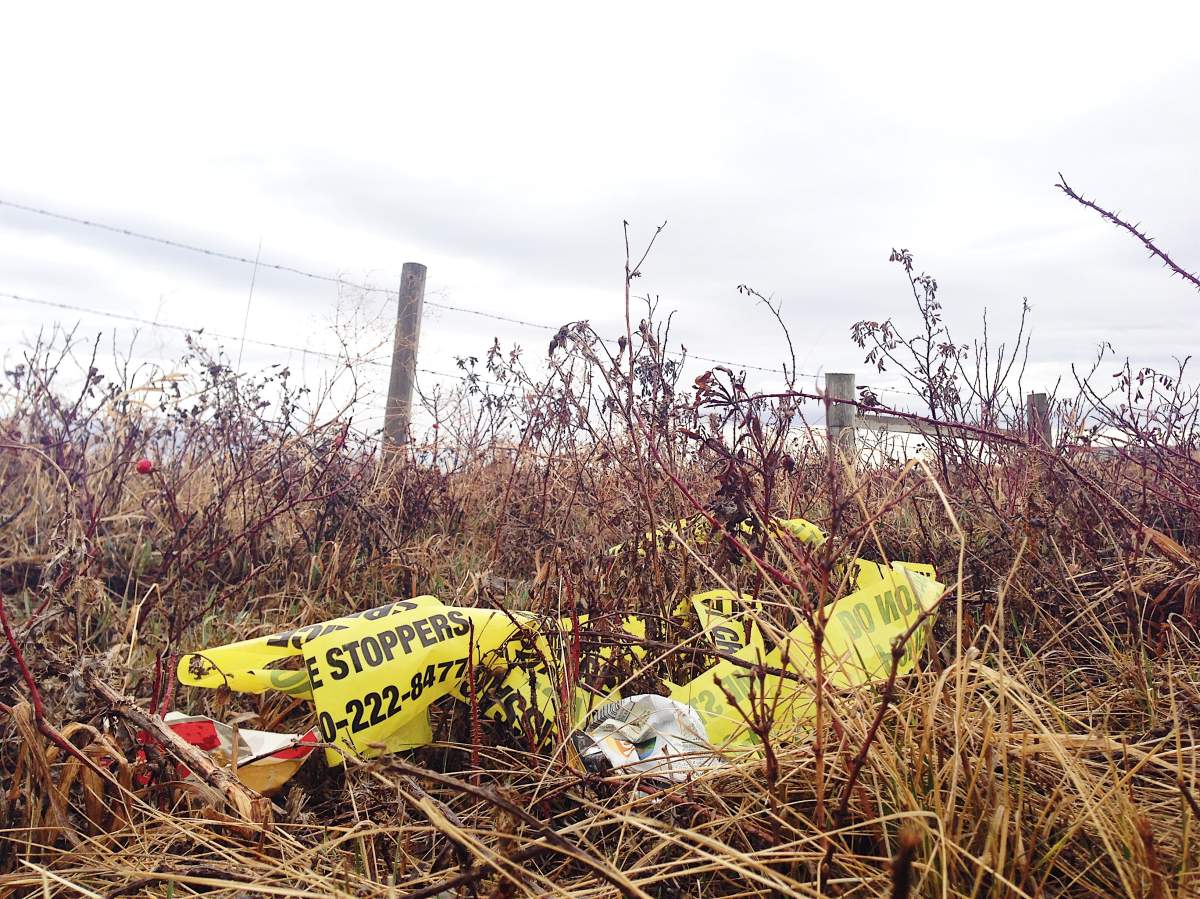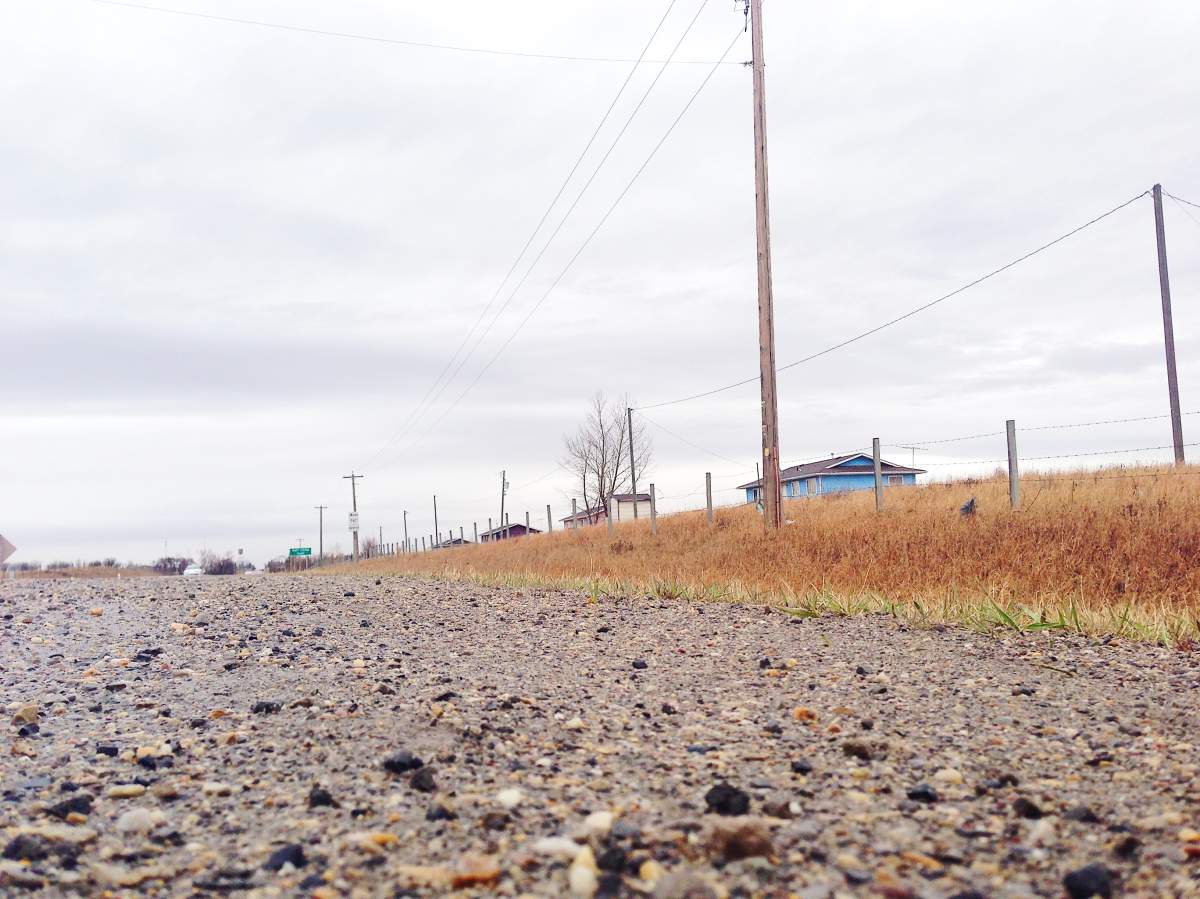A first-of-its-kind forum focussing on harm reduction for Indigenous communities saw health care professionals, researchers and First Nation members come together Thursday at the Grey Eagle Resort.

The aim was to share an open dialogue about developing strategies from within these communities, instead of relying on governments to navigate the crisis.
The Siksika Nation has launched a mobile opioid team, where frontline support workers go to the doorsteps of people who need them. The team counsels families and offers a variety of supports to addicts.
Councillor Ruben Breaker said they had to get proactive.
“I know the governments want statistics and if we want funding, they want statistics. One statistic is one dead individual. That should be enough to say we need help,” Breaker said.
“Losing two nation members — one was a mother who left behind four children — that was enough.”
So instead of waiting, the nation is committed to paying for its own strategy with its own money.
The team, which includes concerned people like Bill Louttit and Rhonda Winnipeg, have trained almost 1,000 nation members how to administer naloxone.

Get weekly health news
“We are not drug busters. We’ve been to dealer’s houses and we know our lives were potentially in danger,” Louttit said.
“Our whole purpose was there were children and they need these kits to them to keep them alive to live another day and, down the road, make a better life choice — so that keeps us going.”
“The majority of people we visit are grateful and humbled by the work we are doing,” Winnipeg said.
They are hoping other Indigenous communities who were at the forum will learn from their initiative.
One of the researchers at Thursday’s event, Dr. Malcolm King, said the epidemic on First Nations needs unique solutions.
“For Indigenous communities, a lot has to do with the history of colonization, residential schools, the adoption system, the ’60s Scoop,” Dr. King said. “The health system needs to take up this information and incorporate into their practice.”
Other communities have seen a significant decrease in overdoses after creating on-reserve detox centres. Rebecca Many Grey Horses is the health analyst with the Blood Tribe Health Department.
Officials are hoping collaborative efforts to find solutions for nation members by fellow nation members will help more people recover.




Comments